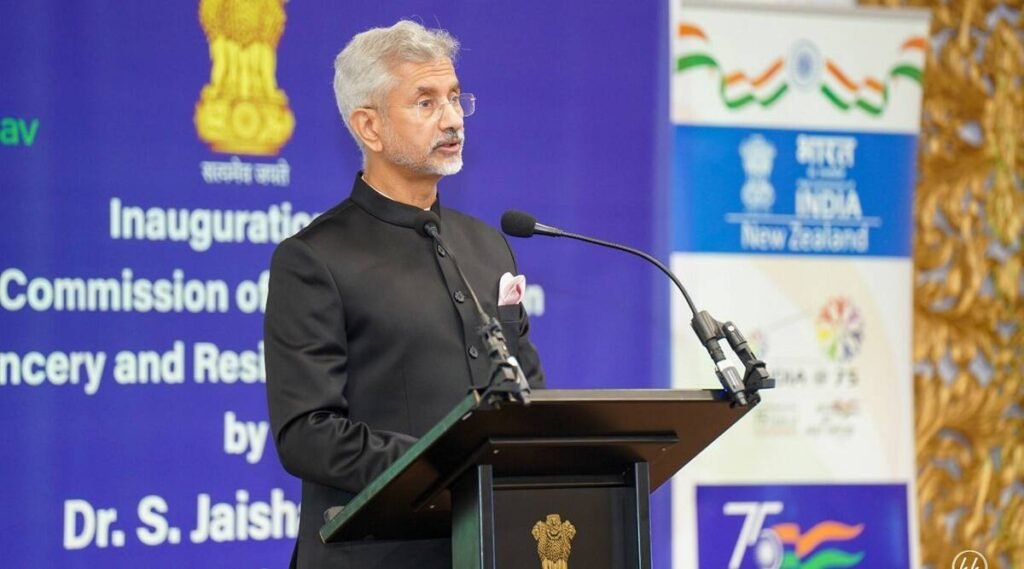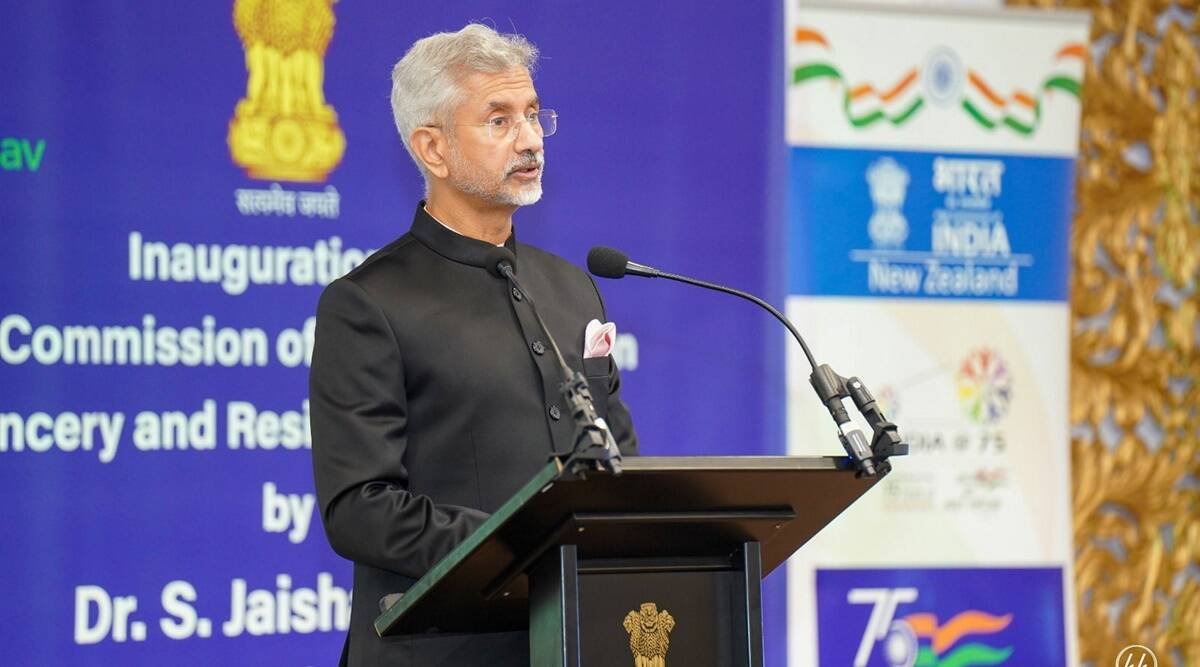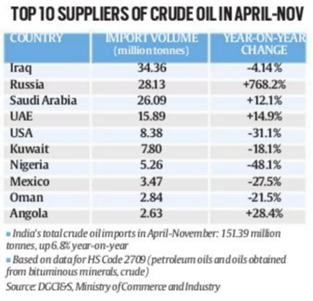
Why in news?
- India’s trade data for the first eight months of the current fiscal year shows that crude oil imports from Russia jumped by 24.89 million tonnes year over year to 28.13 million tonnes, a staggering seven-fold.
Key highlights
- Top 10 supplier of crude oil
- India’s oil imports increased
- India’s oil imports for the period rose 6.8% year on year to 151.39 million tonnes.
- Decline on oil import from traditional oil supplying countries
- Nine supplying nations saw oil supplies to India fall by around 1 million tonnes or more.
- Nigeria and the US has topped the list, with supply volumes falling by 4.88 million tonnes and 3.79 million tonnes over this period, respectively.
- On the other hand, India’s big three West Asian oil suppliers, Iraq, Saudi Arabia, and the UAE, did not see their oil shipments fall significantly.
- Of the three, only Iraq’s oil supplies declined during the period by 1.48 million tonnes, or 4.1%.
- Oil supplies from Saudi Arabia and the UAE to India increased in April-November.
- Russia as the second-biggest source of crude for India
- During this period, Russia displaced major suppliers like Saudi Arabia and the UAE to emerge as the second-biggest source of crude for India.
Why is India witnessing surge in import of oil from Russia?
- Opportunity in crisis
- The Western Countries imposed sanctions on Russia after its invasion in Ukraine. As a result, many countries were forced to avoid Russian oil and gas.
- This created an opportunity for some of the major energy importers like India who sourced Russian crude from the market at special discounts.
- To capture the opportunity, Indian refiners started floating tenders to buy such discounted oil.
- Policy decision supporting purchase of Russian crude oil
- Time and again, India expressed its willingness to opt for Russian energy, being offered at a discount.
- This policy decision is part of promoting India’s national interest by ensuring energy security as the oil and gas market continues to witness volatility.
- India is highly dependent on energy imports as nearly 85 per cent of its crude oil requirement (5 million barrels a day) has to be imported.
- Additional factors
- So far Nigeria and US had been the traditional supplier. However, the recent data shows significant decline in the oil import from these two countries.
- Nigeria has been struggling with supply disruptions in the oil and gas sector due to numerous incidents of oil theft, pipeline vandalism, crumbling infrastructure, and maintenance shutdowns.
- US, too, saw some disruptions, particularly weather-related supply interruptions in the critical Gulf of Mexico region.
- Besides supply disruptions, the relatively higher cost of freight and insurance is also responsible for this decline.
- The ultimate economics of oil determines the purchases by refiners.
- It includes price of crude, cost of freight, and gross product value or product slate of that grade of crude.
- Challenges in energy imports
- Geopolitical developments have posed significant challenges to Indian energy security.
- Owing to sanctions on Iran and Venezuela, India had to stop sourcing oil from Iran and Venezuela. Alternative sources have often come at a higher cost.
- The jump in oil prices after the Ukraine conflict further added to these challenges.
- Hence, India has to keep focusing on competitive energy sources and found Russian oil lucrative.





